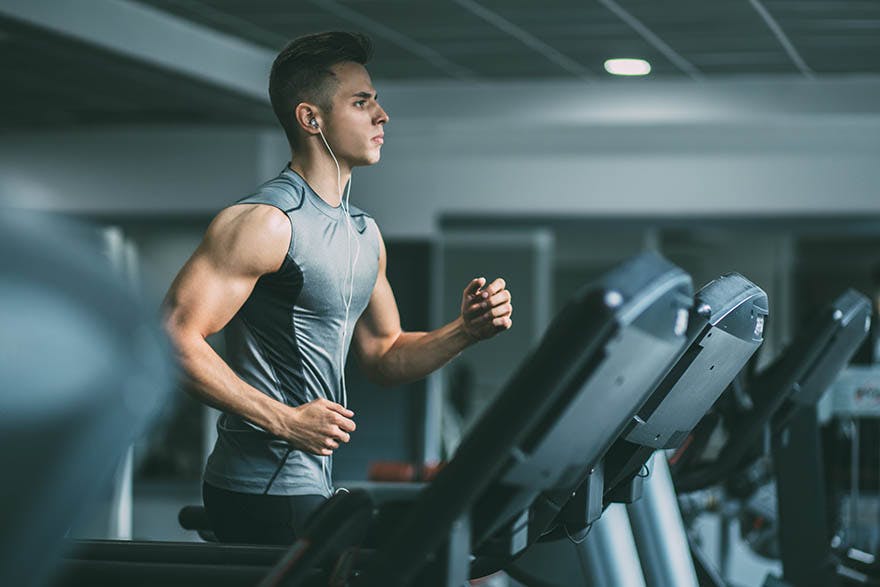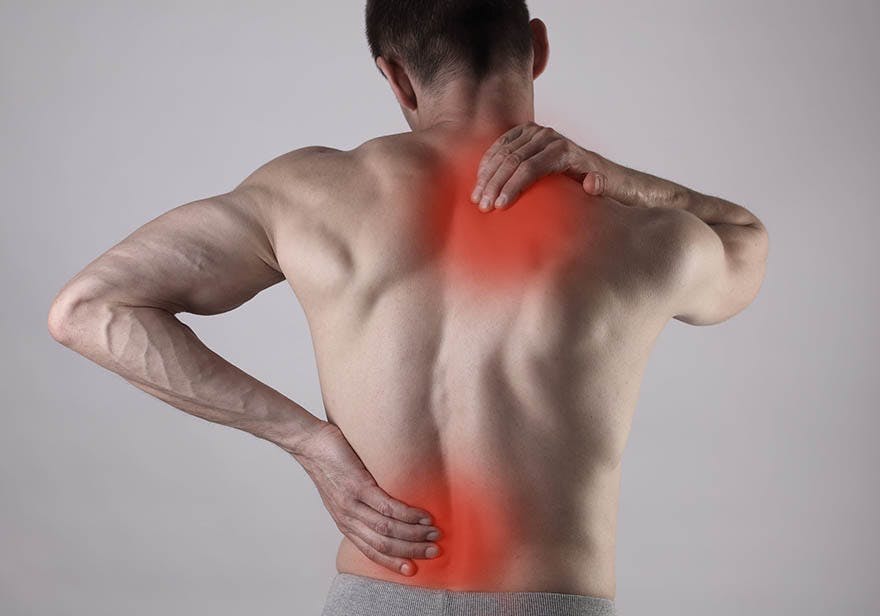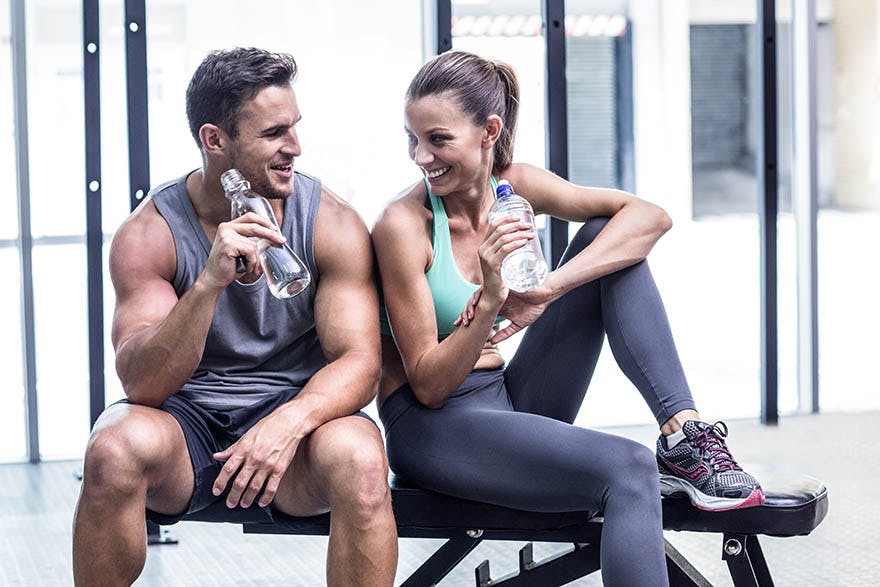Vitamin C: A Vital Necessity For Workout Recovery
VITAMINS & MINERALS
11.24.2017

Ivanko80/Shutterstock.com
To burn fat, maintain heart health, or to build muscles, whatever the reason may be, it is hard to find someone who is still oblivious to the importance of exercise in maintaining one’s health.
Sure, getting people off their couch and to a gym or park remains a constant challenge, but on the other end of the spectrum we also have fitness buffs who lack the understanding on how to work out the right way.
More isn't always best when it comes to working out, and spending too much time bench-pressing those weights may actually hinder your progress because your body needs more time to recover from the intense workout.
Rest then becomes extremely vital, but providing your body with the right pre- and post-workout nutrients and vitamins can result in better workout recovery. One important vitamin to take is Vitamin C for the following reasons…
Lowers cortisol

Stefanovic Mina/Shutterstock.com
Intense or prolonged workout increases cortisol secretion. For most, the level of cortisol will drop to a normal range after a workout, but for some, it remains high post workout. Chronically elevated cortisol can induce a catabolic state that causes muscle breakdown. Vitamin C can help lower post-workout cortisol, thus helping you get the most from your workouti.
Reduces muscle inflammation

Albina Glisic/Shutterstock.com
Muscle soreness after a workout is pretty common, in fact most people say that it is a sign that the muscle(s) you were trying to build were targeted. But overexertion during a workout can lead inflammation which can cause muscle soreness that can last for days, hindering your workout routine.
To combat this, supplement your body with a combination of Vitamin C and Vitamin E which have been proven to reduce muscle inflammation and sorenessii.
Contributes to tissue healing
Your muscles are all connected by connective tissue that is mostly made up of collagen that can wear as you exercise. Taking Vitamin C along with other amino acids help the formation of collagen which in turn contributes to the healing of tissueiii.
Supplementing your intake of Vitamin C with manganese is also a good way to help stimulate and activate key enzymes that form collagen.
Reduces oxidative stress
Taking a combination of Vitamins C and E can help reduce oxidative stress which is essentially an imbalance between anti-oxidants and free radicals as a result of exerciseiv. Oxidative stress can lead to chronic fatigue syndrome and inflammatory diseases among other conditions.

Photographee.eu/Shutterstock.com
Helps muscles restore and regain strength

ESB Professional/Shutterstock.com
Walk into the locker room of any gym and you’re likely to see bodybuilders chugging down a bottle of protein shake everywhere you look. They’re certainly not drinking it for the taste, but more for the fact that protein is widely considered to be an essential post-workout nutrient.
But, taking protein won’t do you much good if your body cannot break it down and transport it to where it is needed the most. By taking Vitamin C, your body is better able to metabolise proteinv, allowing it to repair exercise-induced damage to muscle fibres among other things.
While it’s clear that Vitamin C is extremely vital to our immune system, unfortunately, humans are not capable of synthesizing it naturally. The only way we can ensure our bodies get the Vitamin C it needs is through high Vitamin C foods and dietary supplements so remember to take them!
- Peterss EM, Anderson R, Nieman DC, Fickl H, Jogessar V. (2001). Vitamin C supplementation attenuates the increases in circulating cortisol, adrenaline and anti-inflammatory polypeptides following ultramarathon running. US National Library of Medicine National Institutes of Health.
- Michael B. Zimmermann (2003). Vitamin and mineral supplementation and exercise performance. Human Nutrition Laboratory, Institute for Food Science and Nutrition, Swiss Federal Institute of Technology, Zürich, Switzerland.
- http://www.sdcenterforhealth.com/topics/162-nutrition-for-soft-tissue-healing
- Ryan MJ, Dudash HJ, Docherty M, Geronilla KB, Baker BA, Haff GG, Cutlip RG, Always SE. (2010). Vitamin E and C supplementation reduces oxidative stress, improves antioxidant enzymes and positive muscle work in chronically loaded muscles of aged rats. US National Library of Medicine National Institutes of Health.
- https://ods.od.nih.gov/factsheets/VitaminC-HealthProfessional
Recommended Articles
The 5 Best Foods That Will Help Supercharge Your Brain
Amidst our busy schedule, it's important to retain our focus and memory. Resting alone is not...
Iron deficiency is a lot more common than you would think. A recent survey by SATA CommHealth(i...
Mars vs Venus: Understanding the His and Hers of Nutritional Needs
Mars vs Venus: Understanding the His and Hers of Nutritional Gaps Although their DNAs are...






